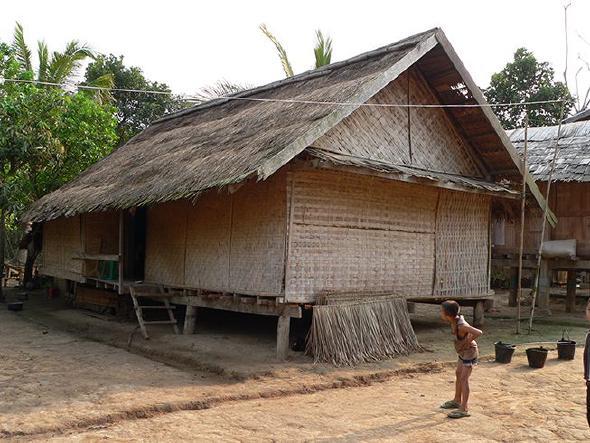Seven Lao Christians, evicted for refusing to renounce their faith in Christ, were denied permission to rebuild their demolished homes in Pasing-Kang, Salavan province, after returning to their village early in November.
The two families, who were forced to leave their homes on 10 October, spent a month living in two small huts in a nearby forest. During this time, they had restricted access to food and lived on a diet of rice and water. One spoke of how they “relied on food aid donated by our fellow Christians”.

The families’ houses were demolished by authorities, after they had left, on the orders of the village chief.
The Christians have returned to the village but are still living in temporary huts because the village chief will not permit them to build new homes.
Four Lao Christians were arrested on 3 July for planning a Christian funeral, which was deemed by local authorities to violate traditional customs.
The treatment of the Christians apparently contradicts the country’s recent Law on the Evangelical Church, approved and signed into law in December 2019. Under the law, Christians have the right to conduct services, preach throughout the country, and maintain contacts with believers outside Laos.
There are approximately 150,000 Christians in Laos, who are targeted both at a local level and by the government. The Lao constitution provides its citizens with “the right and freedom to believe or not to believe in religion” and four religions – Buddhism, Christianity, Islam and Baha’i – are officially recognised by the government. However, locally they are often subjected to harassment and violence, especially in rural areas, while the communist government imposes tight restrictions on religious activity.
There are approximately 150,000 Christians in Laos, who are targeted both at a local level and by the government. The Lao constitution provides its citizens with “the right and freedom to believe or not to believe in religion” and four religions – Buddhism, Christianity, Islam and Baha’i – are officially recognised by the government. However, locally they are often subjected to harassment and violence, especially in rural areas, while the communist government imposes tight restrictions on religious activity.
Related Countries
Laos